If you want to distill this debate down to it's simplest, imagine the next hit on our country, a huge bomb at a crowed mall, will be one that kills several members of your family, not someone else's far away from where you live, but your family. Will you still say we have an obligation to allow people into our country that we have no idea who they are or what their intentions are??
No matter what Mr Objma says about vetting of the refugees, remember he has never told the truth about anything, our intelligence agencies say it can't be done. So the debate is about national security, stupid, and how it effects us all. At some point in our lives of apps and networking on our smart phones, we have to put aside the fantasy world and recognize the fact that the old ways of living our lives in America are gone. To believe all the dead from the bomb blast in Paris is just that - in Paris France, not America. How foolish and ignorant of realty is that.
As the saying goes, 'you can run but you can't hide'.
Refugee Problem is a National Security Problem
David Grantham | Nov 20, 2015
While French authorities recover from the ferocious encounter with ISIS-linked militants in Paris yesterday, the Obama administration called Friday’s attack a “setback” to an otherwise successful strategy. He went on to mock dissenters of his resettlement policies during a recent rally in Manila, proclaiming that plans to welcome thousands more Syrian refugees in the United States would go forward.
As repeated instances of terrorism loom heavy over the resettlement debate, Americans find themselves torn between legitimate sympathy and genuine anxiety, unable to reconcile ever-present danger with America’s inherent generosity. Some wish to accept them all. Others fear that more Muslim immigrants increases chances for attacks on U.S. soil. Still others believe probabilities for violence are too small to disallow those deserving Syrian families from finding refuge. It seems impossible to achieve consensus.
The inability to resolve the tension between suspicion and compassion cannot leave us incapacitated, though. We must pause and fix our gaze on the specific threat that Americans face from ISIS sympathizers masquerading as refugees. The refugee resettlement debate poses a national security dilemma, plain and simple.
National security is more than armaments and armies. It also involves protecting the inherent vulnerabilities underpinning our democratic system. America’s economy, citizenry, and infrastructure work in harmony to create conditions for an open and free society. The refugee question highlights the susceptibilities within that system. Governors refusing to resettle refugees, for example, cannot restrict an immigrant from traveling to their state, earning money or taking up residence. Freedom of movement, financial autonomy and individual choice all embody the liberty we enjoy. Those same liberties also expose us to untold danger. That fragility demands vigilance. And vigilance requires clear and precise understanding of a given threat.
We must cut through the rancor and accept that ISIS sympathizers have been able to embed themselves in refugee populations. Turkish security forces recently arrested eight suspected ISIS members posing as refugees on their way to Europe. French authorities have already confirmed that one suicide bomber in the Paris attack used a fake passport to gain passage to Europe on or about October 3
rd. The Islamic State vowed to infiltrate refugees as a part of the plan to murder European citizens, and did so.
The premeditation and speed of execution in Paris is even more alarming. The refugee “Ahmad Almohammad” apparently made contact with handlers, created or obtained an explosive vest, and carried out his part of the mission only weeks after arriving. That shows an impressive logistical network. This fact is particularly troublesome knowing that the resettlement program coincides with an understaffed FBI currently handling nearly 1,000 domestic ISIS-related investigations.
Nevertheless, Americans still want to exercise compassion. Indeed, this selflessness remains a defining quality of our people. In this particular case, however, we must guard against unrestrained empathy. Unbridled benevolence overrules critical thinking and dispassionate analysis which leads to erratic decision-making. It also assumes unlimited resources. We must disabuse ourselves of the notion that our prosperity and freedom are assured. We are America the Brave, not America the Inevitable.
Unbridled compassion cannot be the basis for national security. That is not to say sympathy cannot be part of the policy process. It simply means national security must derive from fixed objectives that together share a common goal of protecting territory and citizens. This approach assumes sympathy by protecting those liberties we want others to experience.
Some simply downplay the risk. The more highbrow among them often respond with condescending sighs when faced with legitimate prospects of radicalized refugees. They launch into sermons on how such worries impugn the innocent majority. But such a position also implies that an acceptable level of risk exists. In other words, their logic does not deny the potential danger, but instead favors charity in
light of the threat. For them, the potential for an unknown amount of American deaths is worth welcoming thousands in need of a better life. Please quantify the acceptable level of risk, then. Is it fifteen to twenty fans attending a sporting event? Your son? My infant daughter? Put a face on that risk and then reevaluate. France had extremely favorable risk probabilities. And now at least 132 people are dead.
The Obama administration, however, settled the argument by touting the thorough screening process. Here the debate becomes hostile, and rightfully so. The administration and its supporters must forgive others for their skepticism upon hearing yet another Obama guarantee. The president’s track record remains undeniably poor in this area. Shovel ready jobs, he proclaimed. No smidgen of corruption at the IRS, he contested. Al Qaeda is on the run. You can keep your doctor. ISIS is contained. He now guarantees that refugees are no more dangerous than tourists. But the FBI Director stated plainly that the scarcity of information on Syrians undermines the vetting process. The risk of a failed guarantee here could have devastating consequences.
A history of false assurances and divisive rhetoric has eroded confidence in his leadership. Americans sympathize with those huddled masses, but distrust the president more. Congress should put at least a six month moratorium on the screening and resettlement program until the president’s own guarantees can be vetted.

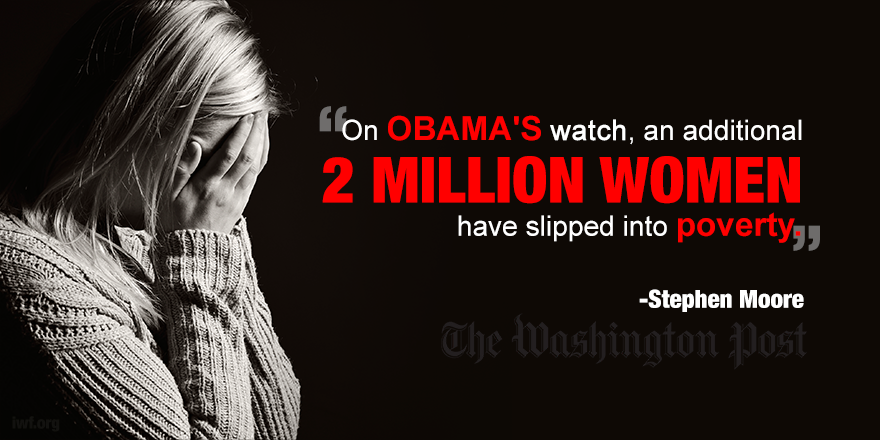

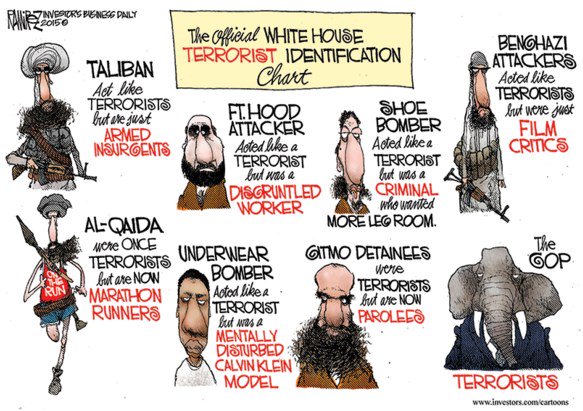
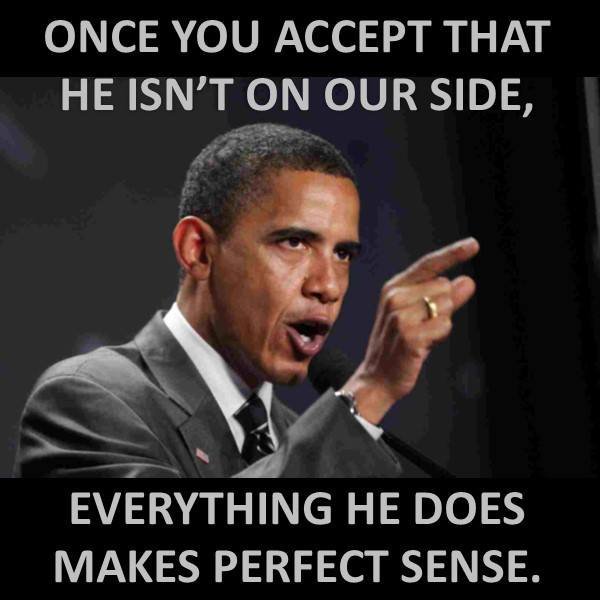



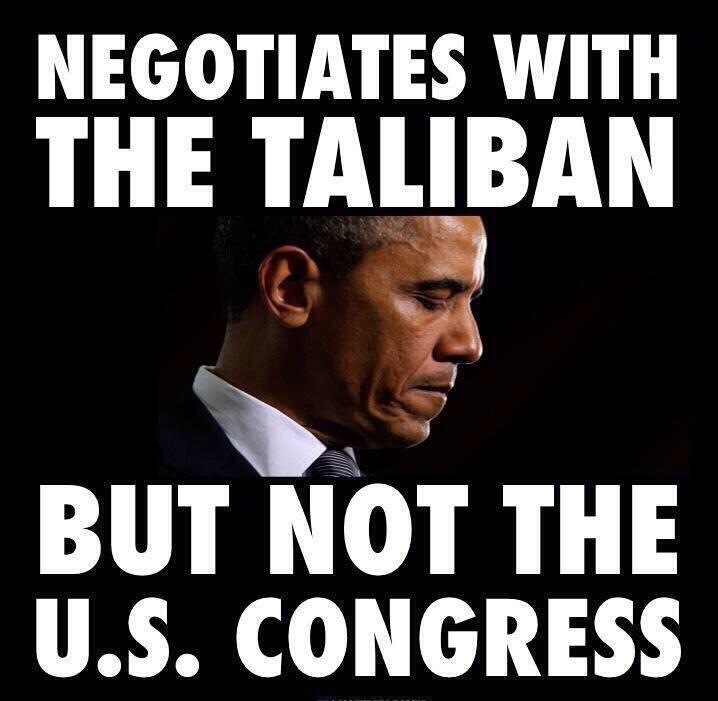

 f
f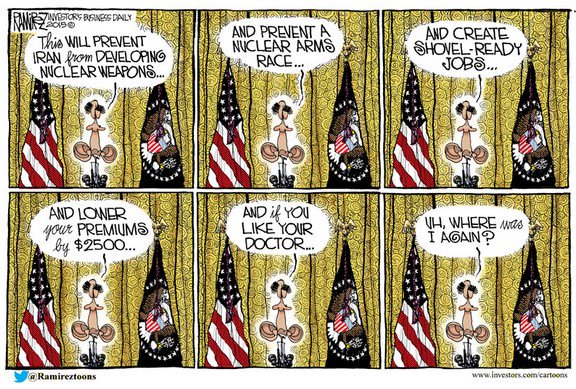
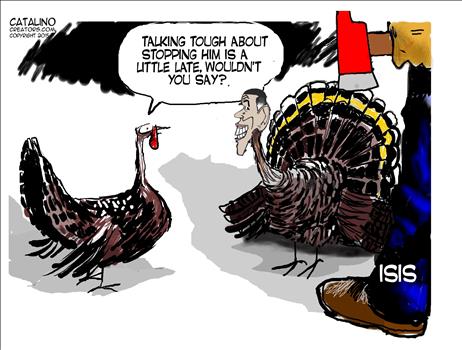


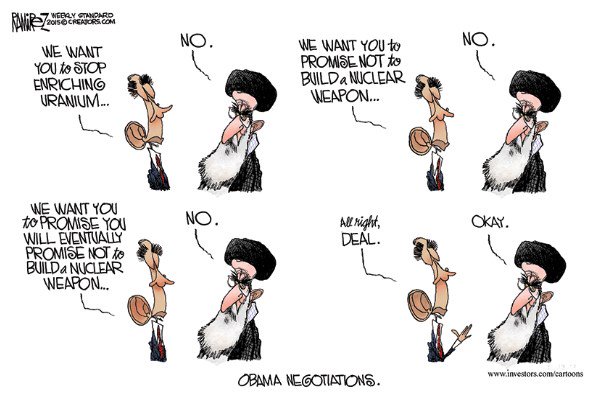

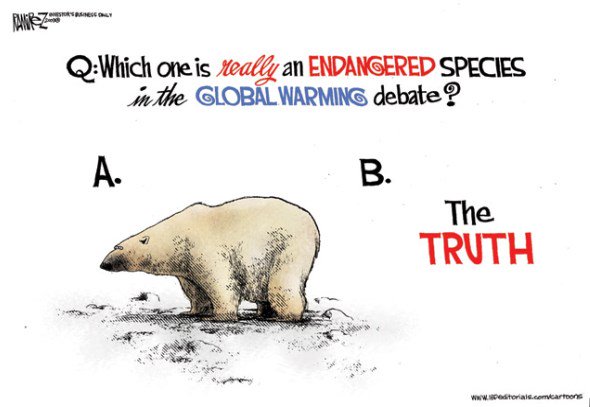

Recently, the Justice Department announced it would not be indicting anyone for his or her role in the most serious domestic political scandal since the Nixon years. Starting in 2010, the IRS, under pressure from congressional Democrats and the White House, engaged in blatant ideologically motivated discrimination against conservative organizations applying for non-profit status.
That the most feared bureaucracy in Washington was making decisions based on illegal political criteria should send a chill down the spine of any American who cares about the First Amendment and the rule of law. Yet the Department of Justice has refused to indict even IRS official Lois Lerner, who invoked her Fifth Amendment right to silence to avoid incriminating herself in testimony before Congress.
- Trying to strip churches and other religious bodies of their constitutional right to choose their clergy free from government involvement.
More generally, the president has abandoned any pretense of trying to work with Congress, as the Constitution’s separation of powers requires. He prefers instead to govern by unilateral executive fiat, even when there is little or no legal authority supporting his power to do so.Presidents trying stretch their power as far as they can is hardly news. What is news, however, is that top Obama administration officials, including the president himself, see this not as something to be ashamed of, but as a desirable way of governing, something to brag about rather than do surreptitiously.
Obama behaves as if there is some inherent virtue in a president governing by decree and whim, as if promoting progressive political ends at the expense of the rule of law is proper not simply as a desperate last resort but as a matter of principle. After all, Obama says, democracy is unduly “messy” and “complicated.” “We can’t wait,” the president intones, as he ignores the separation of powers again and again, ruling instead through executive order.
“Law is politics,” and only politics, according to a mantra popular on the legal left, and therefore the law should not be an independent constraint to doing the right thing politically. Obama seems to agree.
As Obama’s lawlessness has received increased attention from Congress, the (conservative) media, and the general public, the president has been defiant, even petulant. When confronted by allegations of lawlessness, Obama takes no responsibility, and doesn’t even bother to defend the legality of his actions.
Harry S. Truman famously said “the buck stops here.” Obama responds to serious concerns about his administration’s lawlessness with a derisive “so sue me.” As George Washington University law professor Jonathan Turley writes, Obama “acts as if anything a court has not expressly forbidden is permissible.” And in many situations, no one has legal standing to challenge the president’s actions in court—which means that no judge can stop the administration’s lawbreaking.
So sue me? If only we could.